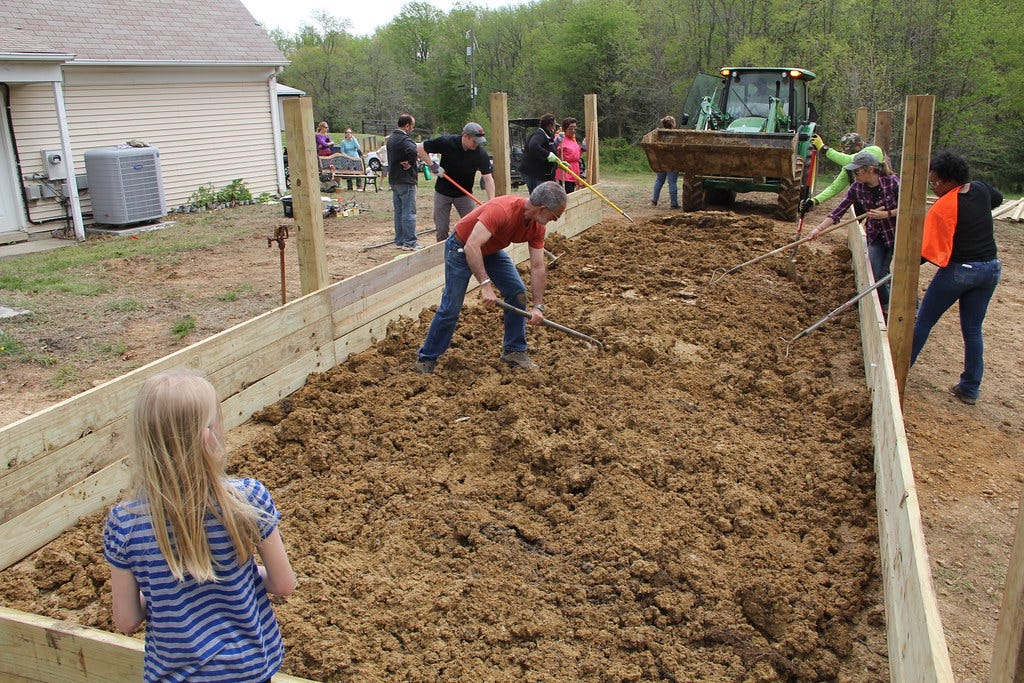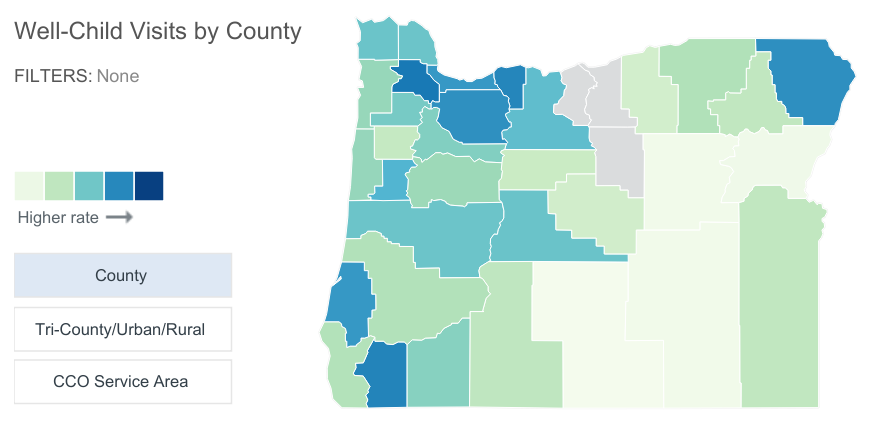Growing the Next Generation of Oregonians: Time to Support Our Kids
Oregon must prioritize its expecting moms, newborns, and young children. Investing in our future will undoubtedly lead to a more equitable, prosperous, and innovative state.
Editor’s Note: Do your part to Sustain the Way!
26 Oregonians have gotten us to $1,180 - keep the momentum going so we can hire a part time editor.
Will you send $20?
Donate here or subscribe below to create a part-time editor position.
Kevin Frazier edits The Oregon Way and attends the UC Berkeley School of Law. He grew up in Washington County and graduted from the UO.

Any good gardener would tell you that growing a plant takes planning, resources, and, of course, time. Any parent would tell you that raising a child requires the same. You need to plan for the arrival of a little one, have the resources to help them grow, and make sure those resources are available for the long haul.
When it comes to “growing” Oregon’s children, though, something has gone awry. Rather than design services around assisting parents and our little ones, families are forced to jump from service to service to try to patch together the resources required to help their child reach their full potential. This approach makes zero sense.
Gardeners count on “one stop shops” like Al’s Garden & Home to efficiently get ready for the Spring. They can plan ahead by buying seeds and soil. They can provide for their future flowers by buying hoses, “Slug Gone,” and all sorts of things to maximize deep roots, good sun, and plenty of water. And, they are equipped to tend to their flowers from March through August and beyond.
Parents in Oregon, however, are subjected to a patchwork approach to “growing” a child. Different agencies (at different levels of government) offer different services for different periods of time. As a result, Oregon is failing its future.
On preparing for our newborns, data on birth weight illustrates that we need to do a better job of supporting soon-to-be mothers. According to the Center for Evidence-based Policy (The Center), “Low birth weight is an important measure of child well-being because it is also associated with short- and long-term health outcomes such as increased risk of delayed motor and social development, and development of cardiovascular disease later in life.” Yet, in Crook County, 12.8% of babies fall short of a healthy birth weight. That’s a solvable problem. Expecting mothers across the state should receive the healthy food and rest required to give birth to a healthy child. You wouldn’t plant a flower in nutrient-less soil. And you shouldn’t expect a child to grow without planning and preparing for their growth.
On resources for growth, data on well-child visits demonstrates that too few young Oregonians are receiving the check-ins required to determine what they need to thrive. These visits are critical. Again based on the Center’s research, “[w]ell-child visits are a critical venue for parental education, identifying health and developmental issues early, and preventing future problems.” Yet, “[i]n 2019, over 68% of children ages 3-6 in [the Oregon Health Plan] had one or more well-child visits statewide. However, Oregon’s measurement was below the national Medicaid benchmark of over 79%.” You wouldn’t plant a flower then ignore it for a few weeks to see how it fairs. And you shouldn’t expect new parents to excel without a little guidance on how to nurture their child.
On childhood-long support, data on homelessness indicates that Oregon is not investing in stability for its next generation. The Center counted 21,756 homeless K-12 students in the 2017-18 school year, which amounts to 3.75% of the total enrollment. The impact of this uncertainty is unsurprisingly negative: “Students experiencing homelessness lacking a stable, fixed living arrangement, can be particularly vulnerable to changing schools. Research has shown that students can lose academic progress with each school change.” You wouldn’t intentionally pull up the roots of a budding flower and expect the plant to thrive in a new environment. And you shouldn’t expect a child to have the freedom and time to explore their academic and personal interests while also wondering where they’ll be able to find shelter that night.
Oregon must prioritize its expecting moms, newborns, and young children. Investing in our future will undoubtedly lead to a more equitable, prosperous, and innovative state. These gains will not be realized in two or four years, so politicians might advocate for just tinkering with our current patchwork approach to “growing” the next generation. We should not and cannot accept that. Oregon’s parents and children deserve a comprehensive, simple, and childhood-long support system.
******************************
Keep the conversation going:
Facebook (facebook.com/oregonway)
Twitter (@the_oregon_way)
Connect with Kevin:
@KevinTFrazier




